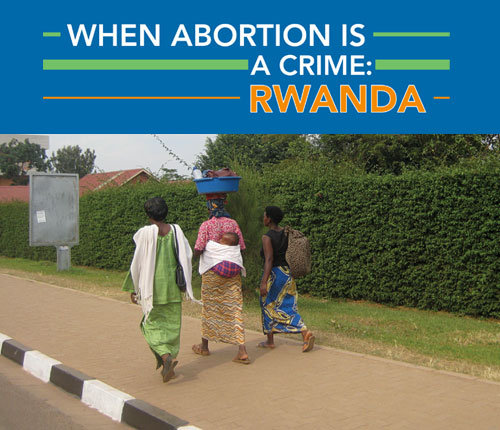
Sep 5, 2020
Rwanda reformed its abortion law in 2012, but legal barriers and cultural and religious stigma make it nearly impossible for women to get a safe, legal abortion. Women with unplanned or unwanted pregnancies resort to unsafe and illegal abortions—and Rwandan police unjustly harass, arrest, prosecute and imprison hundreds of women and girls on abortion or infanticide-related charges each year. This report, by Ipas and Great Lakes Initiative for Human Rights and Development, shares findings from interviews with women, judges, legal defense lawyers, and police officers, and calls on the Rwandan government to take steps to address this ongoing human rights violation.
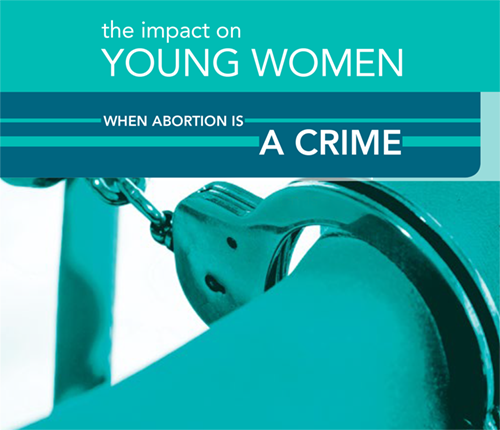
Sep 4, 2020
This fact sheet highlights the disproportionately high impact of criminal abortion laws on young women. In places where abortion is a crime, women who are young, poor, uneducated and facing an unwanted pregnancy are at greater risk of resorting to illegal and unsafe abortions, and consequently being investigated, arrested and prosecuted.
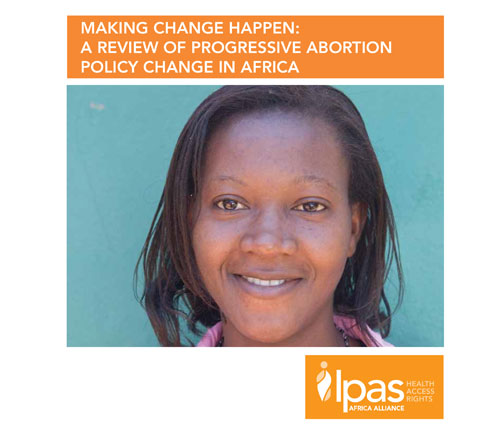
Sep 3, 2020
An overview of progressive abortion policy changes and trends in Africa, primarily between 2010-2016. It outlines strategies in regional policy work by Ipas and partners and points to examples of positive policy change, such as national law reform, updated standards and guidelines, commitments by policymakers, and the integration of safe abortion into regional strategies and actions plans on sexual and reproductive health and rights.
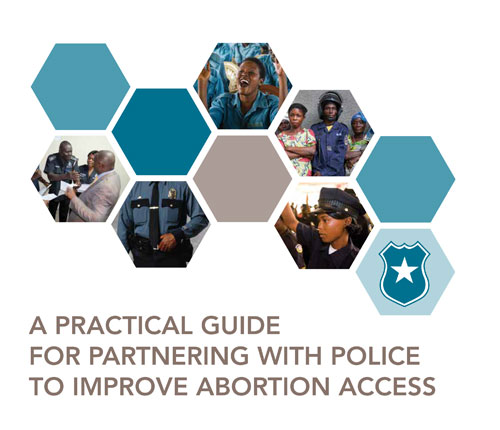
Sep 2, 2020
This guide is a resource for advocates, trainers, project managers and technical advisors who design programs and workshops to engage police on abortion issues. Drawing on the work of Ipas and other organizations, it offers practical strategies for partnering with police to address stigmatized issues and promote public health, with a specific focus on abortion. It can be used both in settings where abortion is legal and accessible and in settings where it is highly restricted.
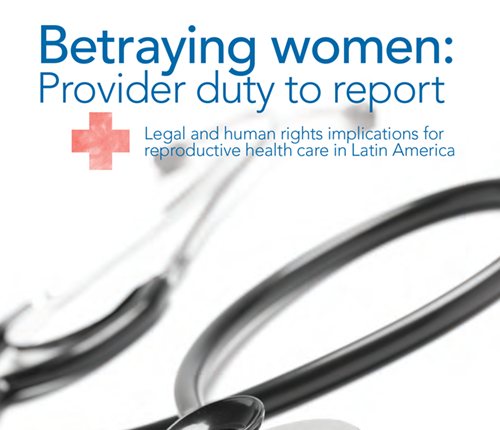
Sep 1, 2020
The longstanding provider-patient confidentiality relationship is quietly eroding as an alarming number of medical staff across Latin America are reporting women and girls to the police for having abortions. Many countries now require, protect or encourage medical providers to breach their confidentiality duties when they treat women seeking postabortion care. This publication covers the three main ways health-care providers are compelled to breach confidentiality, based on the varying Latin American laws governing provider obligations on the issue of abortion. It also details how such laws impact both providers and women, and lists the many international bodies, declarations, consensus documents, etc. that establish standards for protecting patient confidentiality. Finally, the publication provides recommendations for international human rights bodies, governments and health-care professionals to protect women’s right to confidentiality as well as providers’ ethical obligation to uphold that right.






